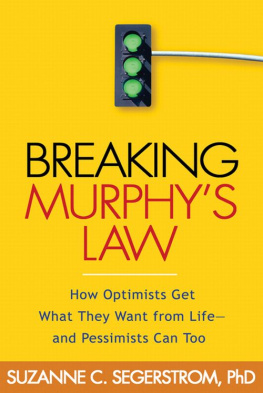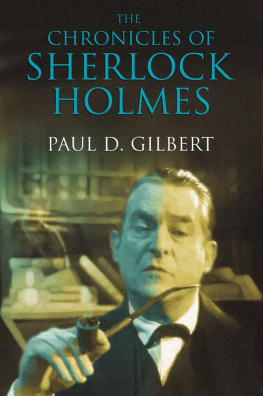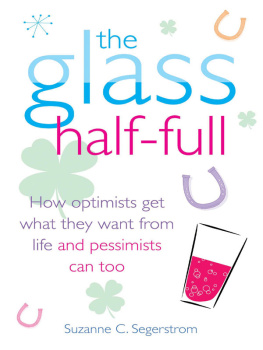To Stevi Jackson, Lynn Jamieson, Sue Scott, Liz Stanley and Catherine (Lane) West-Newman. Many people have helped me through the sociological world, but these women have been outstanding in their encouragement over the years and I thank them.
SAGE Publications Ltd
1 Olivers Yard
55 City Road
London EC1Y 1SP
SAGE Publications Inc.
2455 Teller Road
Thousand Oaks, California 91320
SAGE Publications India Pvt Ltd
B 1/I 1 Mohan Cooperative Industrial Area
Mathura Road
New Delhi 110 044
SAGE Publications Asia-Pacific Pte Ltd
3 Church Street
#10-04 Samsung Hub
Singapore 049483
Mary Holmes 2016
First published 2016
Apart from any fair dealing for the purposes of research or private study, or criticism or review, as permitted under the Copyright, Designs and Patents Act, 1988, this publication may be reproduced, stored or transmitted in any form, or by any means, only with the prior permission in writing of the publishers, or in the case of reprographic reproduction, in accordance with the terms of licences issued by the Copyright Licensing Agency. Enquiries concerning reproduction outside those terms should be sent to the publishers.
Library of Congress Control Number: 2016933340
British Library Cataloguing in Publication data
A catalogue record for this book is available from the British Library
ISBN 978-1-4462-6867-4
ISBN 978-1-4462-6868-1 (pbk)
Editor: Chris Rojek
Editorial assistant: Delayna Spencer
Production editor: Katherine Haw
Copyeditor: Kate Campbell
Indexer: Martin Hargreaves
Marketing manager: Michael Ainsley
Cover design: Jen Crisp
Typeset by: C&M Digitals (P) Ltd, Chennai, India
Printed in India at Replika Press Pvt Ltd
About the Author
Mary Holmesis a sociologist at the University of Edinburgh. Her research is in the areas of the sociology of emotion, intimacy and relationships and political sociology. She has taught sociology in Scotland, Australia and New Zealand. Her recent books include
Distance Relationships: Intimacy and Emotions Amongst Academics and their Partners In Dual-Locations (Palgrave Macmillan, 2014) and
Heterosexuality in Theory and Practice (with Chris Beasley and Heather Brook, Routledge, 2012).
Preface
This book is the work of a partial, prejudiced and ignorant sociologist.1 It struck me many times in writing it that it was hubris to attempt such a wide-ranging yet short account of the state of sociology as a discipline. I cannot quite recall how the idea for the book came about, except to say that I have long wondered whether and why sociology is intrinsically a miserable social science? Such wondering was prompted partly by a regular phenomenon, familiar to many who teach sociology, of students informing me that I had ruined some aspect of their life. Having learned some sociology they now could not watch a movie/go on holiday/read a magazine/talk to their family/buy clothes or do anything much without analysing it in ways not usually conducive to enjoyment or peace of mind. Yet in telling me this they were not always sorry, and recognised gain as well as loss. Sociology provides valuable alternative understandings of the world. It can tell us things we do not hear from politicians or journalists; it makes us question how we live and how we do things and it points out the flaws of our societies. However, on other occasions my students, myself and many of my colleagues feel a frustration with critical sociological analysis of the terrible state of the world and want to know what can be done. If there is anything of value in this work, I hope it might encourage sociologists and students of sociology to take stock of what they have to offer for making sense of the world in which we live, and for changing it.
Gradually it became clear to me that I wanted to advocate sociology as a way of thinking which not only criticises what is wrong with society, but which critically imagines how it could be otherwise including better. Sceptical as sociologists have been when I have explained the book to them, they have also encouraged me by saying they think there is a need for it. I hope so. I have certainly been accused of being an optimist, sometimes with the implication that to be so is an intellectual failing or a regrettable personal foible. Optimism previously referred to the philosophical doctrine that this world is divinely created and thus the best of all possible worlds (Leibniz 1952/1710: 118). Now it typically means an individual psychological attitude involving a tendency to hold positive expectations of the future (Bennett 2011: 303, see also 301). As I will set out, I understand optimism not as a failing, not as disposition, but as a critical action of the will (Gramsci 1973/1929: 175). It takes effort to exercise critical optimism, but I argue that it is vital in order to better interpret and change the world. Certainly it is important to try.
In spirit the book also owes much to C. Wright Millss (1959) book The Sociological Imagination. I have not sought to reproduce that classic, but have been inspired by the way that Mills wrote. He wrote a short, readable book intended for students, but also of interest to colleagues. He wrote for students in ways that assumed they were intelligent human beings. He advocated for a particular approach to sociology, promoting it not as a science but as an imaginative way of thinking about the world. There are plenty of big sociology textbooks on the market containing glossy pictures and coverage of a wide range of sociological debates. Like Mills, I have aimed more towards a simple book that advocates a way of doing sociology: an optimistic way. I assume that students can and will read these essay-like chapters. Indeed I hope the students reading this might learn about essay writing by looking at how the chapters are written. The book may not always be easy, but I hope it has things that you can enjoy and that you will persevere even if you sometimes find it difficult. Pushing through those difficulties is a crucial part of learning and learning can be enjoyed.
As I set out to explain why optimism is important to sociology I am slightly worried that I stole the idea behind this book from my friend Chris Beasley. She and Heather Brook and I talked for some time about writing about Pollyanna Politics and I honestly cannot remember whether my desire to write about optimism in sociology preceded this or not. This is to acknowledge a truly collegiate relationship and friendship with these two women and to humbly beg their forgiveness for not being able to untangle my own ideas from our collective musings. The book would be better if they had written it with me, but I stubbornly went on without them and they supported me, as always.












